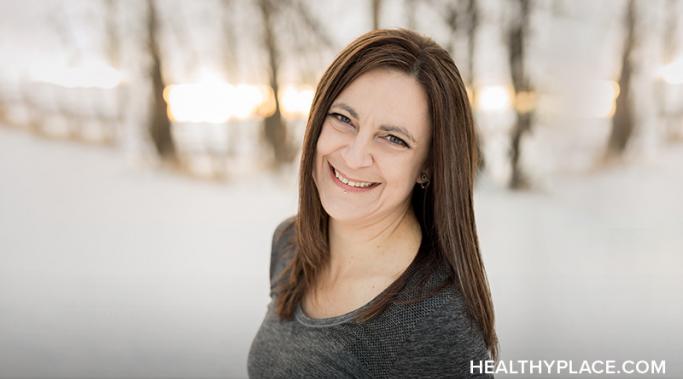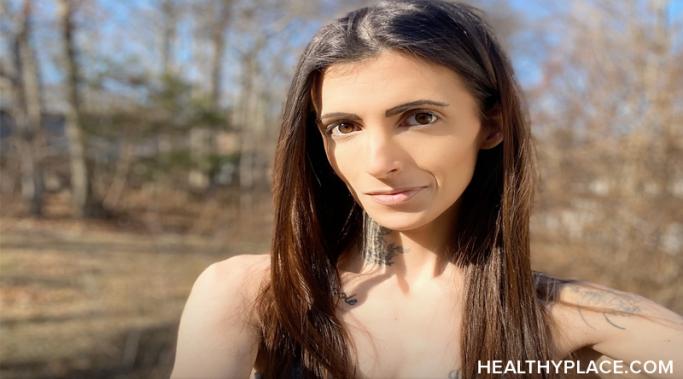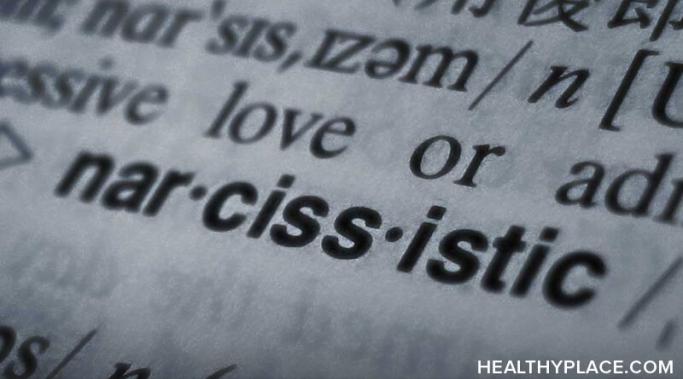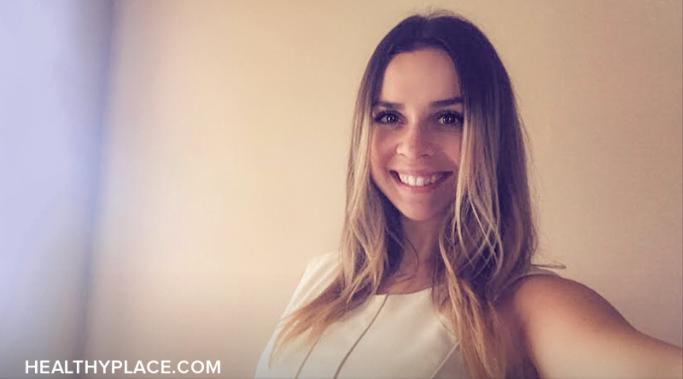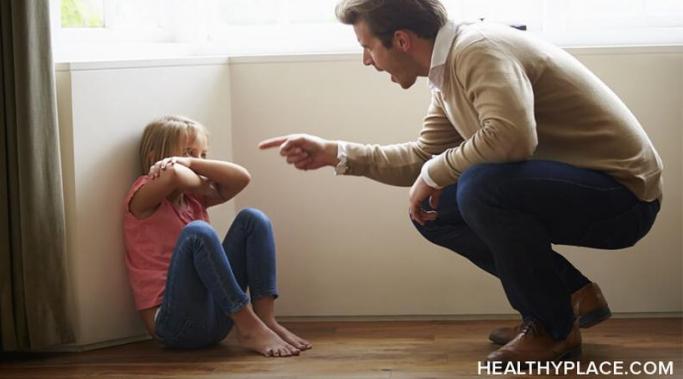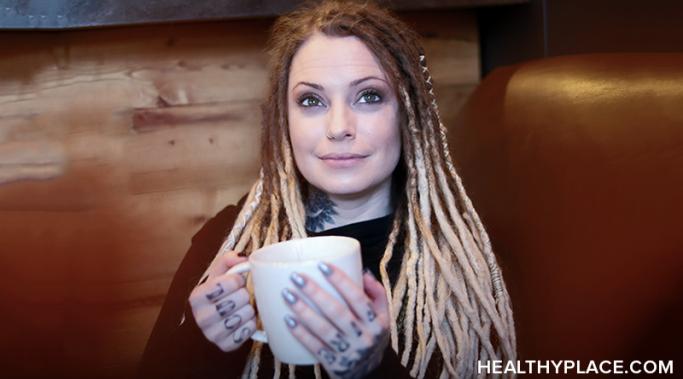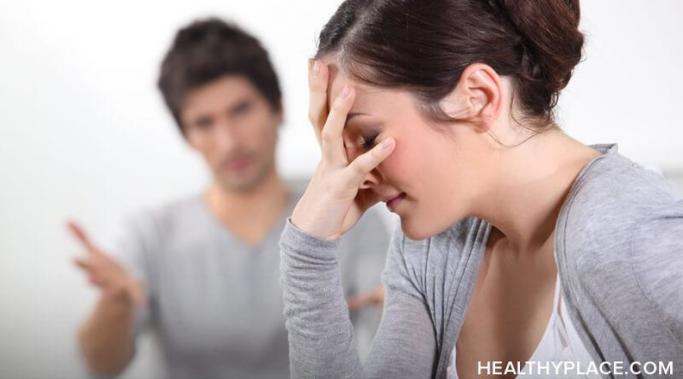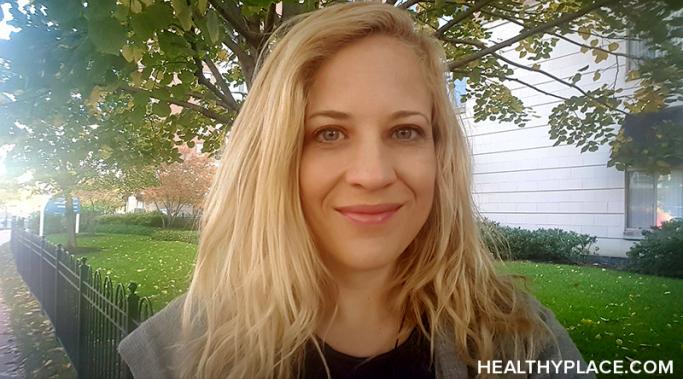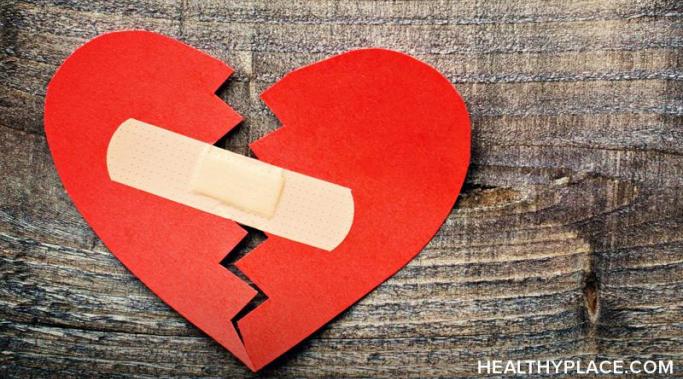I’m Cheryl Wozny and I am excited to join the team at HealthyPlace on the "Verbal Abuse in Relationships" blog. I am thankful that I have the opportunity to share with you my background experiences along with all of the tools I have gained through years of therapy and self-exploration.
Verbal Abuse Videos
My name is Megan Lane, and I’m thrilled to join the “Verbal Abuse in Relationships” blog at HealthyPlace. I’ve been in verbally-abusive partnerships, including two failed marriages, on and off through the majority of my teenage and adult life.
How does narcissism play into verbal abuse? Let's explore the answers to that question.
I’m Katlyn, (sometimes Kat) Brinkley, and I’m excited to write for "Verbal Abuse in Relationships" at HealthyPlace. I want to share some of my thoughts and hopefully influence those of readers. I think verbal abuse can take many forms, and it’s important to recognize what unhealthy can look like in relationship dialogues. It’s my experience that while no relationship is perfect, repeated issues that involve one partner hurting the other without improvement, can result in significant, long-term emotional strain.
One of the worst things about being verbally abused by parents is that the damage can be lifelong, yet it can take a lifetime for someone to recognize the pattern of abuse they experienced.
My name is Jennifer Carnevale, but you can call me Jenn with two Ns and I’m the new author of Verbal Abuse in Relationships. I’m a high school English teacher, writer, traveler, tattoo enthusiast, and podcaster. Most importantly, I’m a recovering addict--10 years clean. My drug addiction began at 17 years old after a routine tonsillectomy when I was given a large bottle of a liquid opioid. The medication sent me into a downward spiral through anxiety, abuse, assault, and more. But after a decade of self-work, I am presented with this opportunity to share my stories on HealthyPlace. I get to help others leave the dangerous situations I was in and steer people away from the tell-tale signs and symptoms of verbal abuse. Gratitude is flowing from my heart.
What many people often fail to understand about leaving an abusive relationship is that it isn't the end of the pain. It’s only the beginning of a new kind of pain, as recovery begins and we start to fully recognize everything we've lost. We also begin to understand what we've gained. Gaining something, however, can be painful too at first because it means something has changed and that we can never go back to the way things once were.
What is covert verbal abuse? When we hear the term “verbal abuse,” it’s easy to conjure up name-calling or demeaning comments spoken in anger. Verbal abuse isn’t always so obvious, however.
My name is Kristen Milstead and I am thrilled to be a new writer for HealthyPlace on Verbal Abuse in Relationships. I grew up confused about what verbal abuse was. I learned that it was okay for people to say abusive things as long as they also mixed in kind or loving statements, apologized later, or both. Not surprisingly, I started choosing boyfriends who ended up saying and doing abusive things to me. Not all my relationships were that way, but enough of them to call it a pattern.
Trusting again after abuse in a relationship can be frightening, but there comes a time when you’ll want to open yourself up to others. You want to believe that the people you love won’t hurt you, but wasn’t trusting implicitly why you wound up being abused in the first place? Are you partly to blame for being susceptible to narcissists and perpetrators of abuse? This isn't a simple question to answer, but it is crucial to trusting again after abuse.
